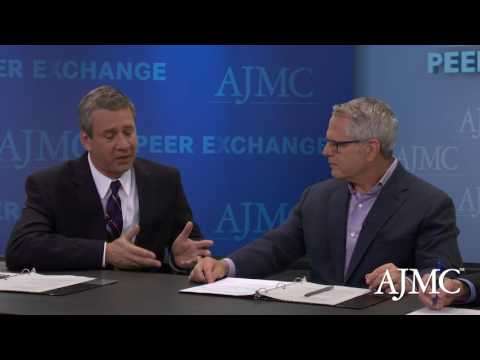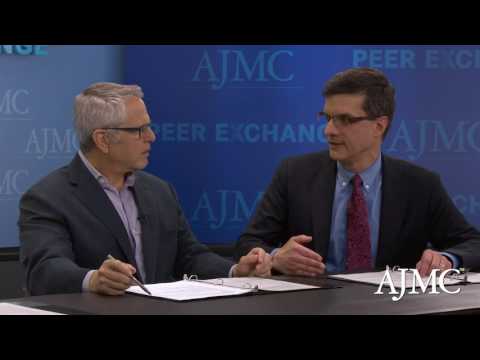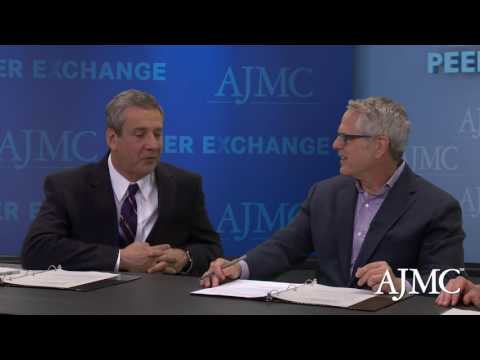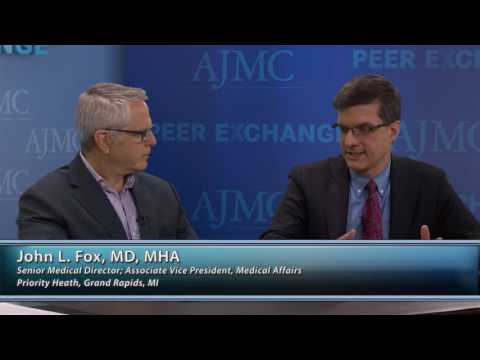
Oncology
Latest News
Latest Videos

More News
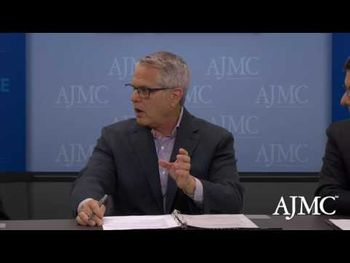
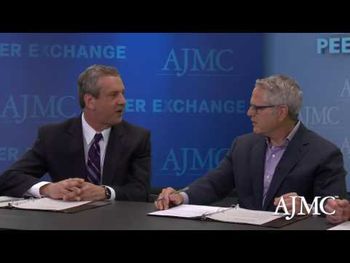
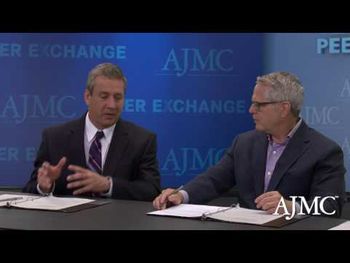
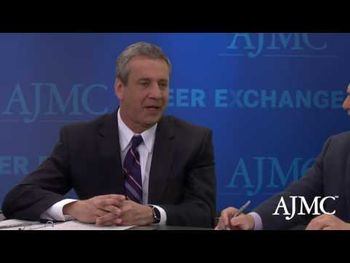
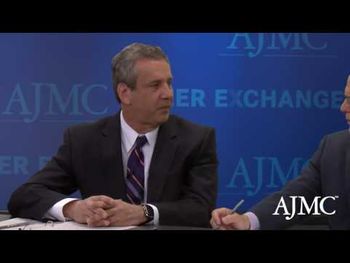

What is the best way to measure quality care in cancer? As explored in the current issue of Evidence-Based Oncology, it depends on who you ask, and which tools are used to evaluate care.

Exposure of patients to the dangers of certain diagnostic equipment can have unwanted long-term effects, which healthcare providers may be underestimating, according to research conducted at the University of Saskatchewan.

Bringing up palliative care is inherently difficult for providers, because it means bringing up death and dying, said Toby C. Campbell, MD, MSCI, associate professor of medicine, hematology-oncology at the University of Wisconsin School of Medicine and Public Health.

A report developed by Avalere Health, based on a survey that the company conducted among health plans in 2015, states that a majority of health plans want to sign outcomes-based contracts with biopharmaceutical companies, especially for oncology and hepatitis C drugs.

A new study in the New England Journal of Medicine has established that, at least in the case of lymphoma, a positron emission tomography (PET) scan can spare the patients serious side effects of chemotherapy.

A scoping document explaining the review process to evaluate existing treatment options for non-small cell lung cancer (NSCLC) has been released by the Institute for Clinical and Economic Review (ICER).

An expert panel at The Community Oncology Conference: Innovation in Cancer Care, held in Orlando, Florida, April 13-15, 2016, provided insight on current transitions in healthcare reform, and their predictions for the future.

A study assessed the reliability of a 12-gene Recurrence Score test to reveal the natural course of recurrence among Japanese patients with stage II and III colon cancer who have undergone surgery but not received any adjuvant chemotherapy.

Despite the breadth of metrics, there seems to be a significant disconnect between the relatively prosaic, process-based measures that largely dominate our quality portfolio and the high-level, aspiration-driven demands of delivering increasingly complex care to patients with cancer.

If the announcement by the Swiss pharmaceutical giant Novartis holds true, biosimilars that the company plans to launch over the next 4 years could create a significant dent in the sales of 5 blockbuster molecules in the oncology and immunology space.

Improving the healthcare services that an organization provides can be challenging unless one gathers information on the service, collates it, improves on it, and implements the changes in the field. A panel of experts invited by Evidence-Based Oncology discussed processes that help identify the most valuable metrics and the importance of making them relevant for use in the clinic.

This week, the top stories in managed care included study results presented at the 76th Scientific Sessions of the American Diabetes Association from the SWITCH and LEADER trials, a recommendation for a smarter way to screen for prostate cancer, and researchers found physicians underutilize medications to treat opioid addiction.

Delivering the results of complex genetic tests to at-risk patients over the telephone may be an effective way to reduce burdens and costs for patients with cancer or at risk for cancer and would not cause patients added stress, a study found.

Advances in cancer treatment provide more options for patients but add complexity to treatment decisions. HealthHelp’s Integrative Oncology program coordinates care to maximize efficiency and ensure optimal outcomes for cancer patients.

Facts Are Stubborn Things: The Medicare Part B Experiment, a Patient Advocate's Perspective (Part I)
Why this patient advocate is concerned about the newly proposed Medicare Part B model regarding its level of transparency and the evidence.

The new guideline, similar to the previous version, recommends screening for CRC for those 50 to 75 years of age and leaves the decision for screening in those 76 to 85 years of age on the individual. However, for the 50 to 75 age group, the USPSTF leaves the choice of the test on the individual, which is a departure from the previous guideline.

CancerLinQ is a big data platform developed by the American Society of Clinical Oncology (ASCO) that aggregates clinical data from electronic health records for quality benchmarking and hypothesis generation. Such observational data can complement traditional evidence but must be used with caution.

According to research published in the journal Clinical Cancer Research, immunotherapy right after chemotherapy can piggy back on the immune modifications caused by the chemotherapy, to improve response to treatment in ovarian cancer.

CMS has developed the Oncology Care Model (OCM) to provide physician practices that furnish chemotherapy treatment the option of payment arrangements that include financial and performance accountability for episodes of care for cancer patients. This article presents an overview of the model and guidelines that can help meet the quality and performance measures for OCM participation.

A collaborative effort by urologists and public health specialists from various healthcare systems around the country has found that PSA levels measured in midlife (45 to 59 years of age) are a strong predictor of future lethal prostate cancer.
